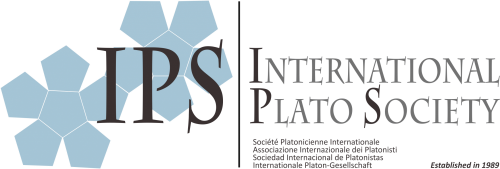The Ignorance of the Philosopher : why did Plato not write the “unwritten doctrine”, by Rafael Ferber
Dear Members, We are very happy to share with you the news about the publications of Rafael Ferber's new book: The Ignorance of the Philosopher : why did Plato not write the "unwritten doctrine". This is the link https://www.nomos-shop.de/de/p/the-ignorance-of-the-philosopher-gr-978-3-495-99183-1 Best wishes and Happy New Year! IPS









